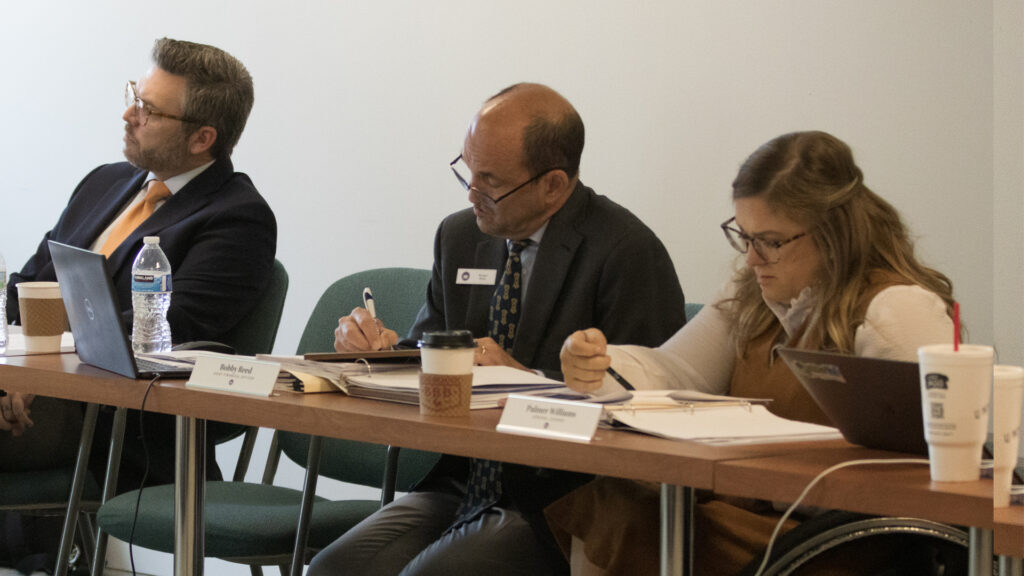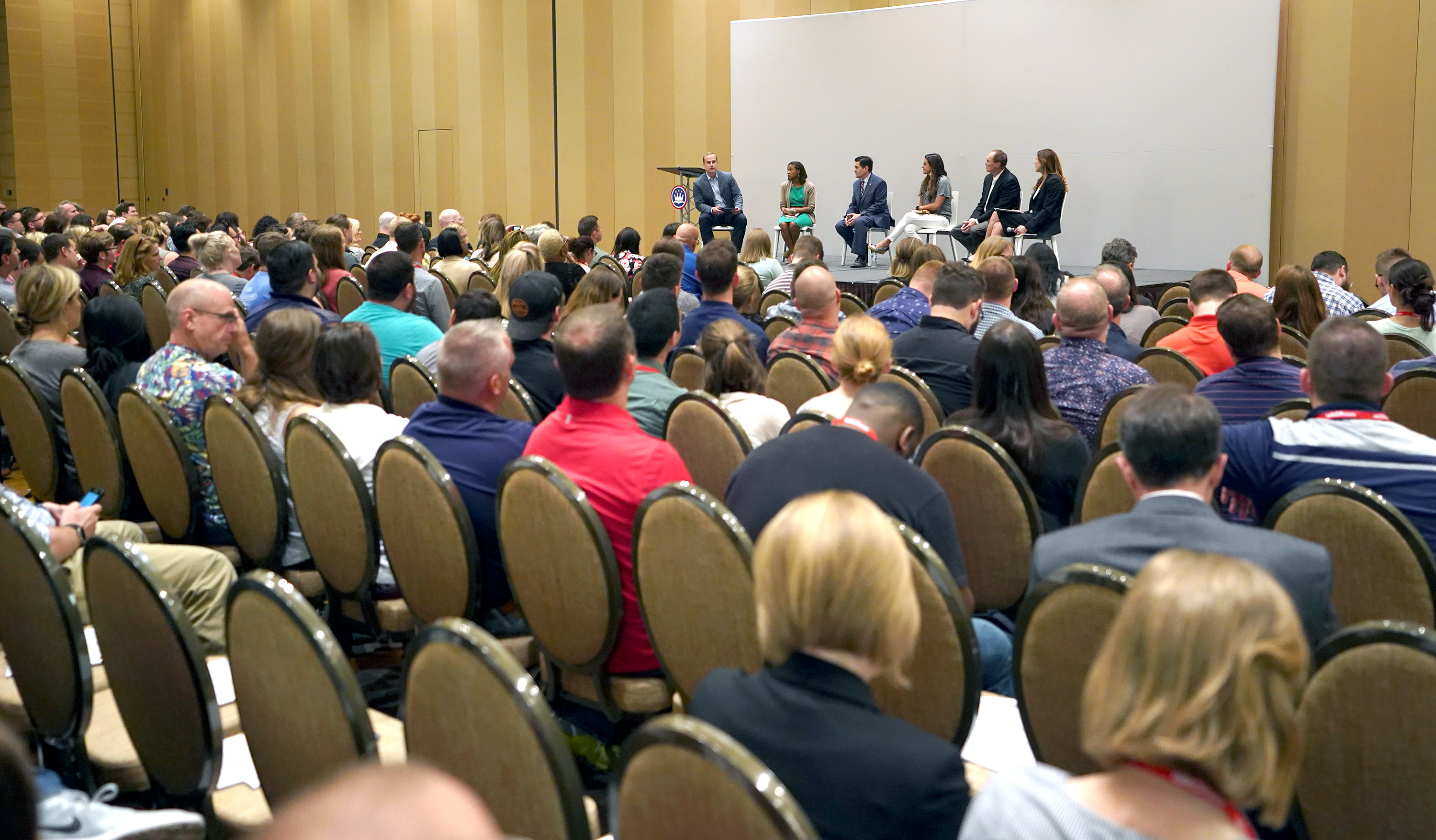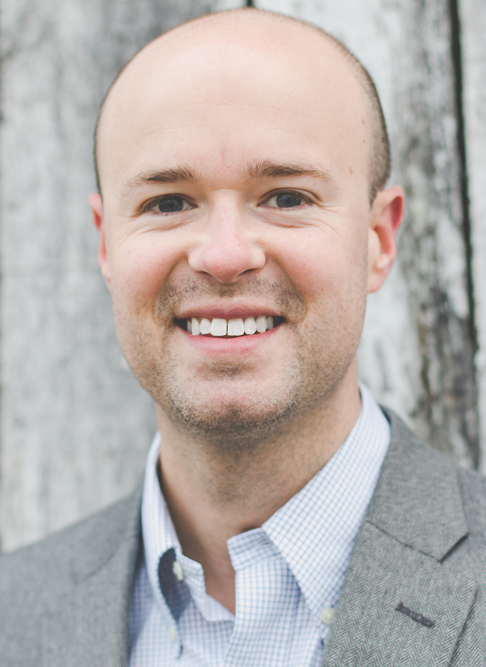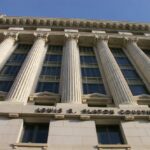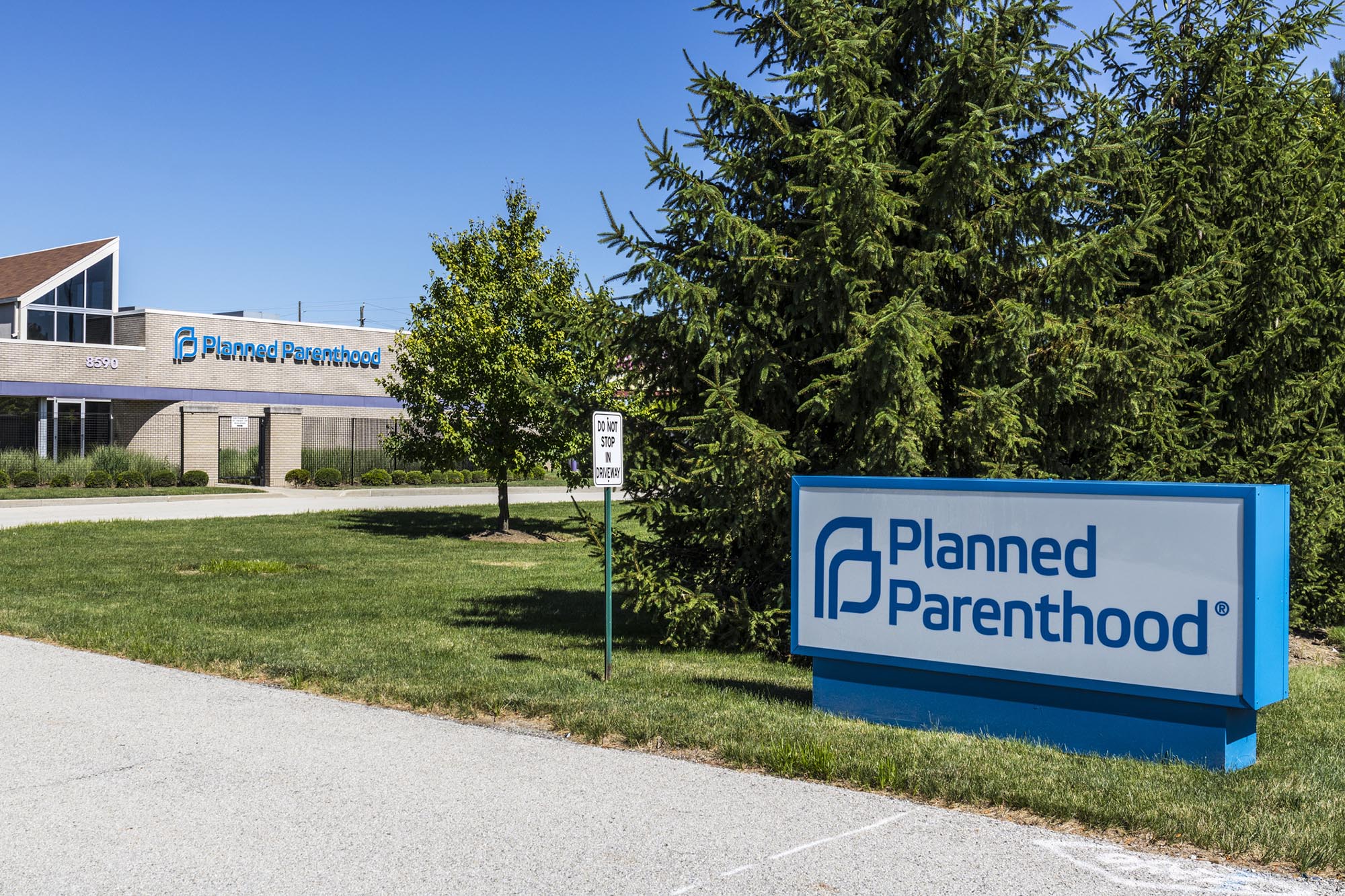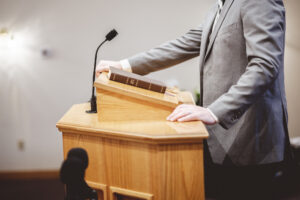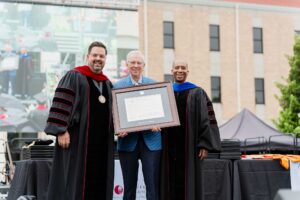
NASHVILLE (BP) — “There are people who make claims that they have the receipts. I literally have the receipts.”
Bobby Reed, chief financial officer for the Ethics & Religious Liberty Commission, said that during his report last week for the entity’s trustees. For someone in his position over the last 25 years it is, indeed, important to have the receipts. Without them, claims become more figurative than literal and can be used to justify practically any position and narrative.
The nature of the ERLC’s work lends itself to criticism, mostly outside but also inside the SBC. Its roots can be found in a Committee on Temperance that was introduced in 1908 before changing names to the Social Service Commission (1913-1942) and Christian Life Commission (1953-1997).
And as political polarization has increased, so has the level of scrutiny on groups like the ERLC, especially when it comes to money.
The figure fluctuates, but over the last four years the entity has received 96.1 percent of its operating budget exclusively from the Cooperative Program. The rest comes from things like direct donations, publishing and royalties. Designated revenue goes almost exclusively to pro-life causes like the ERLC’s Psalm 139 Project.
Outside funding does enter into account and must be endorsed by the Baptist Faith and Message. Article 15, in particular, encourages Christians “to work with all men of good will in any good cause, always careful to act in the spirit of love without compromising their loyalty to Christ and His truth.”
Criticism in recent years has often come when the ERLC works alongside other groups.
In 2018 a $50,000 grant from Democracy Fund went toward the MLK50 Conference and later for a church curriculum on racial reconciliation. A second $50,000 grant was given but returned when it wasn’t used. That same year another grant from The Fetzer Institute focused on several projects aimed at civil discourse.
A $24,000 grant from the Charles Koch Foundation in 2019 helped launch the ERLC’s work on technology and artificial intelligence. That same year the ERLC received a grant from the Chan Zuckerberg Initiative to build state-level work on criminal justice reform. This came about from a bipartisan effort that included the ERLC and led to national criminal justice reform legislation signed by the Trump administration. In 2020 Facebook awarded a grant for $50,000 toward further work on AI and launched the ERLC’s Digital Public Square research project.
The entity’s ties to a group called Evangelical Immigration Table has brought the most outcry from critics.
Former ERLC president Richard Land helped form the organization alongside other evangelical leaders. The EIT is often labeled as “Soros-backed” or “Soros-funded” referring to billionaire George Soros, a well-known backer of liberal causes.
The assertion appears to be a stretch, to say the least. A 2020 BP article explained that, yes, an organization chaired by Soros awarded grant money to the National Immigration Forum, which supported the EIT. That grant, however, represented just 2 percent of the National Immigration Forum’s budget. Furthermore, the EIT has never received or utilized any money either from Soros or one of his foundations.
Grants have come from within the Southern Baptist family as well. Anticipating the 2015 Obergefell Supreme Court ruling that legalized same-sex marriage nationally, the ERLC approached the Southern Baptists of Texas Convention in 2014 and received a $250,000 grant toward the Marriage Initiative, which provided resource and teaching for Southern Baptists.
All of the preceding information is available on the ERLC’s FAQ page.
Outside funds to the ERLC happen because a group agrees with the entity’s work and wants to be a part of it, not the other way around.
“The vast majority, if not all, of those agreements also have a part that says once the money is given, it is considered an unrestricted gift,” Reed told Baptist Press. “This means we still have to use it for the project for which it was given, but the other group takes their hands off at that point.
“It’s a requirement because they have given to a nonprofit. Those funds are released and we give them a report with what we did with the money.”
Never once, he said, has someone contacted him about ERLC finances and left feeling uninformed. As someone who speaks primarily in spreadsheet, Reed works in absolutes when it comes to truth and integrity.
“Biblical stewardship is a way of life for me,” he said. “It crosses money, time, relationships – it’s all together.
“When I think about the Southern Baptist Convention Cooperative Program, I don’t think about the [multimillion] dollar budget. I think about the check written by a widowed retiree. I want to be able to look her in the eye and say we were good stewards of the resources entrusted to us.”
The accountability is literally face to face, from some pretty imposing inquisitors.
“When I sit down with folks, as I would for coffee with my mother-in-law, they ask, ‘What are you doing with my money?’” Reed said. “I want to be able to tell them, with integrity, that we’re using it faithfully in a way that would honor them and honor the Lord.”
